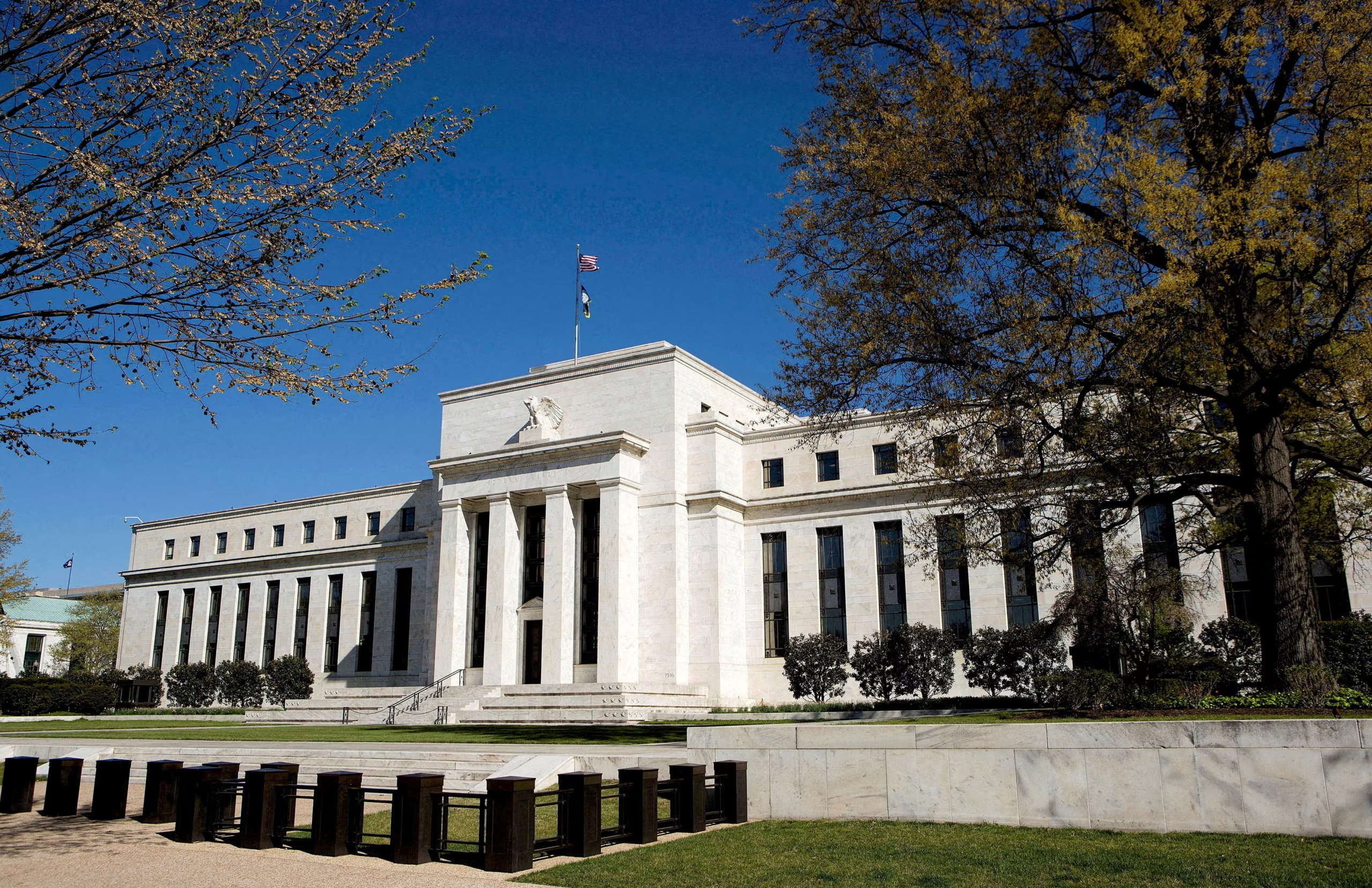Why Central Bank Independence Matters
Central banks are designed to operate independently from political influence to maintain economic stability. Their main function is controlling monetary policy, managing inflation, and promoting sustainable economic growth. When politicians attempt to pressure central banks to implement low interest rates for short-term popularity, the economy can face severe consequences. Artificially low rates may encourage excessive borrowing, leading to overheating and inflation, which harms households and businesses alike. Studies highlighted by Investopedia emphasize that independent central banks are better at maintaining low inflation and avoiding economic bubbles. History demonstrates that when leaders interfere with monetary policy, both inflation and market instability often surge.
The Economic Consequences of Overstepping Boundaries
Political pressure on central banks can directly affect interest rates, investment, and consumer confidence. If markets perceive that a government is controlling monetary policy, lenders may demand higher returns on loans, including mortgages, to offset the risk of inflation. This can worsen affordability crises and lead to broader economic instability. For example, artificially low short-term rates may temporarily boost growth, but long-term effects include price spikes and higher cost of living. Economists at Harvard Business Review note that attempts to manipulate interest rates for political gain often backfire, creating cycles of boom and bust that are costly for citizens and businesses. Central bank independence ensures that long-term economic health is prioritized over immediate political gains.
Lessons from History and Global Examples
Historical precedents provide clear warnings. In the 1970s, U.S. President Richard Nixon pressured Federal Reserve Chairman Arthur Burns to lower rates before elections, contributing to a period of stagflation where inflation surpassed 13% and unemployment surged. More recently, in Turkey, President Tayyip Erdogan’s dismissal of the central bank chief and subsequent rate cuts led to a collapse of the Turkish lira and inflation exceeding 80%. Similar patterns appear worldwide whenever populist leaders try to control monetary policy for political objectives. Experts emphasize that undermining central bank autonomy often results in long-term economic pain that outweighs short-term political gains. Resources like The Brookings Institution provide extensive research on the global importance of safeguarding central bank independence. Additionally, World Bank studies highlight how countries with strong, independent monetary authorities are more resilient to financial crises and maintain stable growth over decades.



